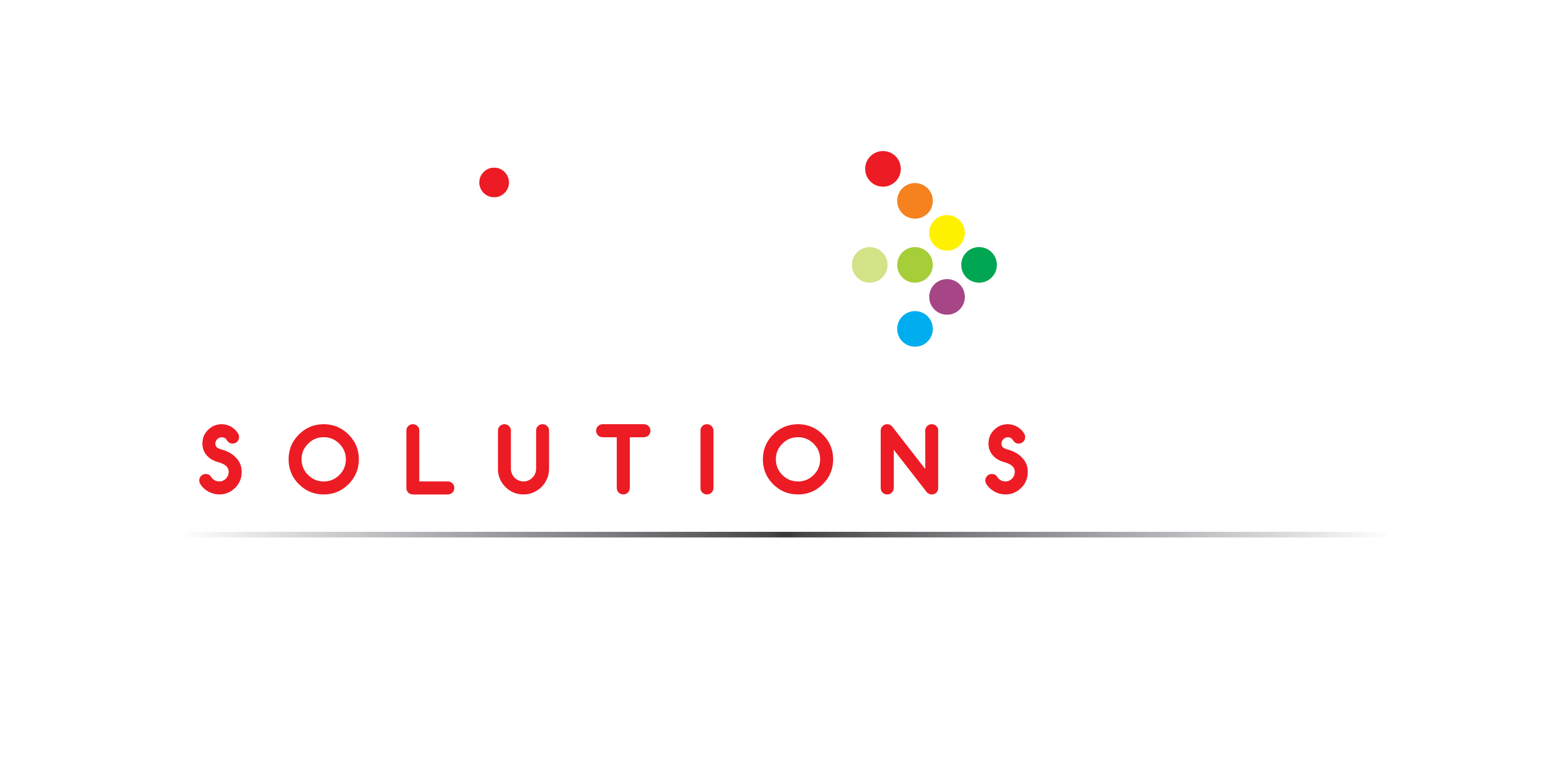It is not easy to enter the clinical research field, especially for aspiring Clinical Research Associates (CRAs) who have no job experience. Nonetheless, it is possible. Through a strategic approach, you can convince potential employers and find your way into this rewarding career.
The tips below outline various strategies to distinguish yourself, such as obtaining essential certifications, enhancing soft skills, and acquiring practical experience through internships or volunteer opportunities. Additionally, we stress the significance of mastering industry regulations, demonstrating technical proficiency, and broadening professional networks. These tips are meant to help new graduates or career switchers begin their journey as CRAs with confidence.

Internships and Volunteering: Hands-On Experience
Consider exploring internship programs or volunteer opportunities in clinical research settings. These positions provide valuable practical experiences and offer opportunities for professional references and industry networking. Even short-term roles can provide insight into the daily activities of clinical research while showcasing a proactive approach to gaining experience.

Understanding of Regulations: Mastering the Rules
Understanding the industry regulations like GCP (Good Clinical Practice) and FDA guidelines is very important. It’s important to know these standards and be ready to talk about them during interviews. Employers value individuals who can navigate through regulatory landscapes, even in the absence of direct experience.

Leveraging Your Past Roles: Transferable Experience
Prioritize work experience applicable to the CRA position indicated above, such as previous laboratory work, data analysis, project management, or even working in healthcare settings may be highly relevant. Make direct links between your past duties and the requirements for a CRA post.
Conclusion
Starting one’s career as a Clinical Research Associate without any prior job experience might appear difficult but it is very possible with the right strategies in place.
Focusing on your educational background, certifications, practical experience, and soft skills will enhance your appeal as a candidate for potential employers. For a more valuable application process, it’s essential to have a deeper understanding of industry regulations, stay current with therapeutic areas, and be proficient in new technologies, among other factors. Professional networking and highlighting transferable skills are also crucial for standing out. With dedication and persistence, you can confidently embark on your CRA career, making substantial contributions to the field of clinical research.



